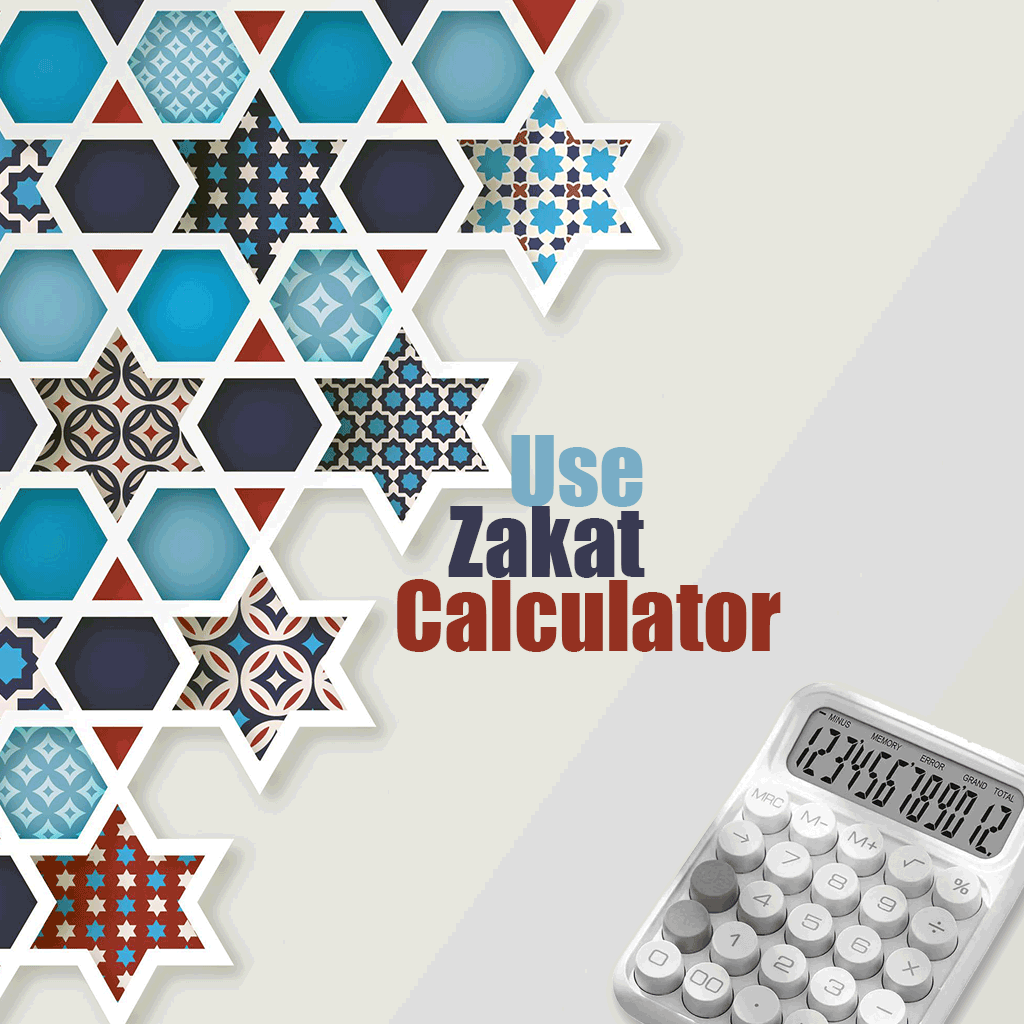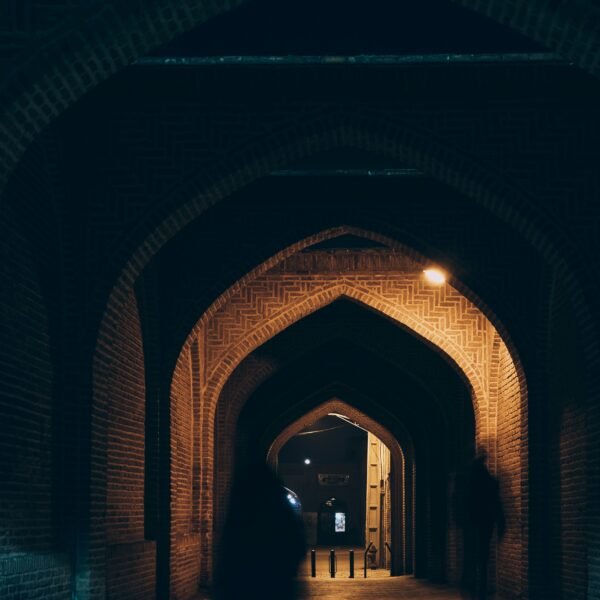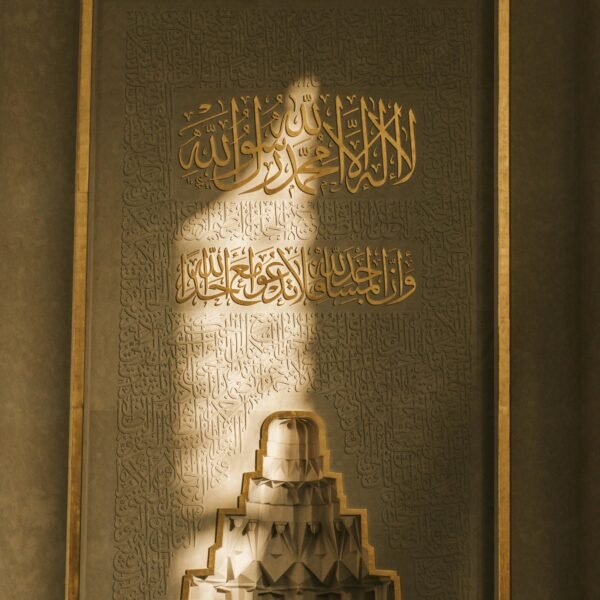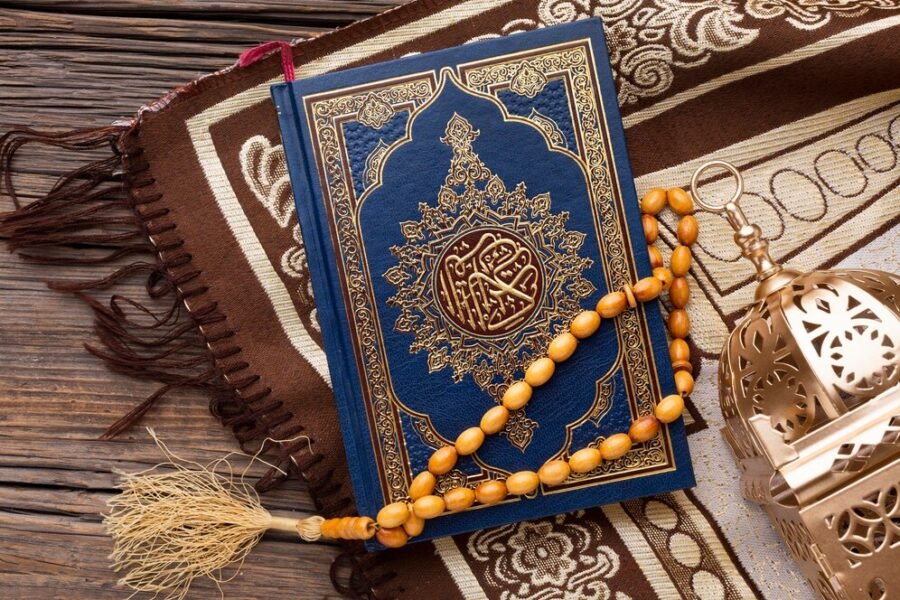A guide to writing your will the way Allah has commanded
In Islam, a will is more than a legal document. It is a statement of your faith. It is one of the last things you leave behind, and it carries real weight in both this life and the next.
An Islamic will helps make sure your wealth is distributed according to the rules set by Allah. These rules are not flexible. They are detailed in the Quran and in the teachings of the Prophet Muhammad, peace be upon him. Ignoring them or writing a will that goes against these rules is not just a mistake. It can lead to injustice, family conflict, and spiritual loss.
This page will help you understand what an Islamic will really is, what it must include, and why every Muslim in the UK should have one.
Learn the laws of inheritance and teach them to the people, for they are one half of useful knowledge.
Ibn Majah, Hadith 2710
This hadith shows that inheritance law is not a side issue. It is a core part of the knowledge every Muslim should understand and apply.
The purpose of an Islamic will
The main goal of an Islamic will is to protect your family and fulfil your duties to Allah. It helps make sure:
- Your funeral and burial are carried out in an Islamic way
- Your debts and religious obligations are paid, including zakat and missed fasts
- Your estate is divided correctly among your heirs
- Up to one third of your estate can be used for charity or gifts to non-heirs
- Guardianship of your children is assigned clearly if needed
It is a complete way to bring clarity, fairness and barakah to what happens after you die.

Who gets what in an Islamic will?
Islamic inheritance is not left to personal choice. The Quran gives specific shares to certain family members. For example:
- The spouse, parents, children and siblings are all included
- Males may receive double the share of females in some cases
- No heir can be removed or replaced without valid Islamic reason
- You cannot give all your wealth to one child or charity and ignore the rest
This structure is not about inequality. It is about balance, responsibility and divine wisdom. You can read more in our comparison guide: Shariah vs UK Law
The one-third rule
Islam allows you to leave up to one third of your estate to anyone who is not already entitled to a fixed share. This could include:
- A charity you support
- A friend in need
- An extended family member
- Sadaqah jariyah (ongoing charity like building a well or funding education)
This one third is your space for personal choice. The remaining two thirds must go to the fixed Islamic heirs.
What should an Islamic will include?
A proper Islamic will includes:
- A declaration of faith
- Funeral and burial instructions
- Appointment of executors
- Guardianship of children (if needed)
- List of debts and unpaid religious duties
- Instructions for any charitable gifts (within the one third rule)
- Distribution of the estate based on shariah inheritance shares
You can use our Write Your Will tool or service to make sure nothing is missed.
Is it valid under UK law?
Yes, as long as it meets the basic legal requirements of a UK will. That means it must be written properly, signed, and witnessed correctly. As long as it does not conflict with UK law (such as forced inheritance rules), your Islamic will can be legally recognised.
It is important to get the wording right and follow the proper steps so your will is valid both religiously and legally.



Islamic Will FAQ’s
Yes. You can update your will at any time. It is recommended to review it regularly, especially after major life events.
Yes. You can give up to one third of your estate to non-heirs, including Islamic charities or causes you believe in. This is a way to leave behind ongoing rewards, known as sadaqah jariyah.
You can start the process on your own, but it is best to have it reviewed by someone who understands both Islamic rules and UK law. Mistakes can make a will invalid or cause family disputes.
Yes. Even if your estate is small, a will helps guide your loved ones, clarify funeral wishes and fulfil religious obligations like debts or unpaid zakat.
An Islamic will follows specific inheritance shares laid out in the Quran and hadith. A UK will can be customised freely. A proper Islamic will meets both religious and legal requirements.






Sign up